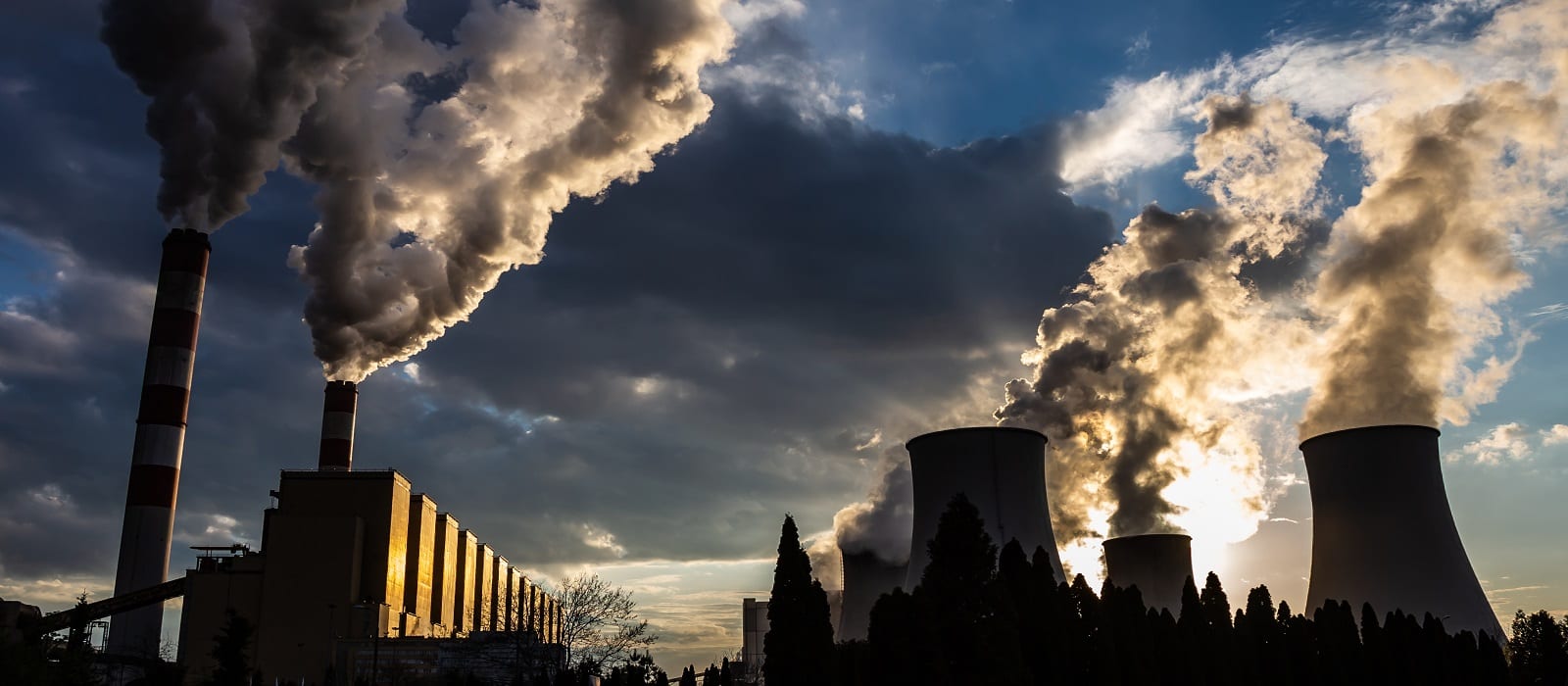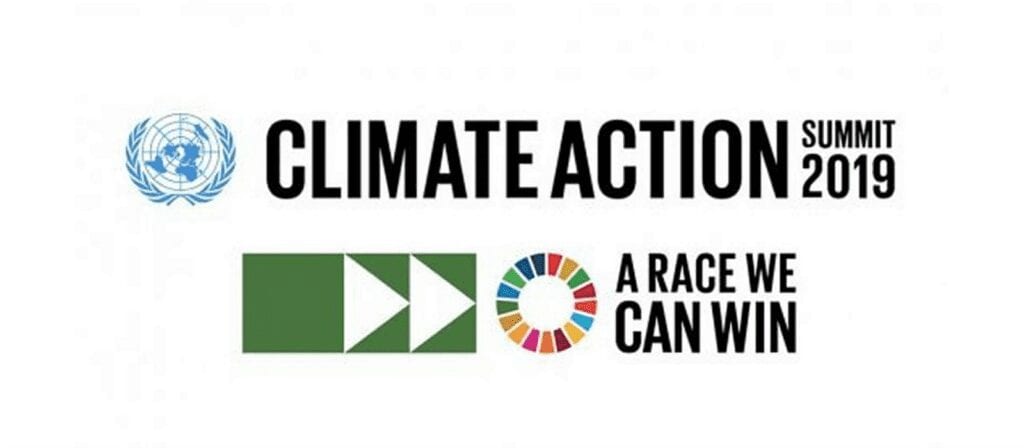In his closing remarks to the Insurance Development Forum (IDF) Summit, which was held on Monday 7 and Tuesday 8 June 2021, UN Secretary-General António Guterres told participants: “We are in a race against time to adapt to a rapidly changing climate. Today, we are at 1.2°C of warming and already witnessing unprecedented climate extremes and volatility on every continent.” Guterres told Summit attendees that there are three imperatives in addressing the climate crisis.
Firstly, he stressed the need to achieve global carbon neutrality within the next three decades. Second, he said, global finance must be aligned behind the Paris Agreement. Third, a breakthrough on adaptation is critical to protect the world — and especially the most vulnerable people and countries — from climate impacts.
Guterres said: “As insurers and as investors, the insurance sector has a key role to play. Every country, city, financial institution and company needs to adopt plans for transitioning to net-zero emissions by 2050. That means taking decisive action now.”
In his speech Guterres reminded delegates that insurance companies have control over USD 35 trillion of assets under management and he strongly encouraged the insurance industry to align its portfolios and investments with net zero by 2050. Guterres stated: “Your investments should not be contributing to climate pollution but should be directed towards climate solutions. Invest in renewables, low- and zero-carbon transport and climate-resilient infrastructure.”
Almost 20 insurance companies, as asset owners, have joined the Net Zero Asset Owner Alliance that was convened by the UN in 2019, these include ICMIF members Folksam and Swiss Re. Guterres referred to the Alliance as being the gold standard in terms of setting credible and transparent targets and timelines to back the net-zero pledges that members have made. He encouraged more insurers to join these collective efforts and ensure asset owners send a strong signal across the investment chain.
We need net-zero commitments to cover your underwriting portfolios, and this should include the underwriting of coal — and all fossil fuels. Referring to forthcoming important climate change meetings and the meeting of the G7, Guterres told delegates that COP 26 must signal the end of coal, confirming his support for the G7 commitment to end all public international support for coal by the end of this year.” He added that insurers and reinsurers must follow suit.
As well as mitigation, Guterres emphasised the need for greater adaptation, saying he believed that more and better catastrophe-triggered instruments, easier access to flexible finance and increased support for regional adaptation and financing were all essential.
Guterres reminded listeners that, at the 2019 Climate Action Summit, he called for concrete commitments to address climate disruption and build greater resilience to rising climate risks. One such commitment is Vision 2025 of the InsuResilience Global Partnership —endorsed by the Insurance Development Forum which targets protection from climate and disaster risk for 500 million vulnerable people by 2025.
“Now we need to do more, and faster”, Guterres told the Summit. “Climate and disaster risks keep rising. I see four areas where we can advance. First, the insurance industry should continue to place risk capital and technical expertise behind disaster resilience. It can also invest more in developing countries, especially in low-carbon, climate-resilient infrastructure.”
Guterres continued: “Second, developing countries need better ability to understand and manage risk and develop their own insurance markets, including for small businesses and individuals. People in the least developed countries are, on average, six times more likely to be injured, lose their homes, be displaced, evacuated or require emergency assistance than those in high-income countries. Making insurance markets more inclusive in terms of countries, businesses and individuals is a core strategy for building safety nets.”
Guterres closed by saying: “Third, the development community must advocate for better integration of risk finance and insurance into country development planning and financing. Fourth, donor countries should support this work by recognizing the value of investments in governance, market transformation and premium support, especially for the most vulnerable countries.”
ICMIF Chief Executive Shaun Tarbuck said: “ICMIF has played a key role in the IDF from its inception. I am delighted to see that so many dignitaries and experts in their fields agreed to be part of this engaging and important event to discuss how we in the insurance industry will address climate change, one of the greatest challenges of our time. This challenge requires strong partnerships between the public and private sector, something which ICMIF and its members are already firmly engaged in.
Tarbuck continued: “ICMIF’s Chair Hilde Vernaillen addressed Summit participants on Day 2 of the Summit and spoke of just one of our partnerships, that of the partnership between ICMIF, its members and the United Nations Office for Disaster Risk Resilience (UNDRR), which is working towards a Sendai compliant mutual insurance sector. This partnership led to the recent publication of a joint ICMIF/UNDRR report “From protection to prevention: The role of cooperative and mutual insurance in disaster risk reduction” which identifies seven practical mechanisms for how the cooperative and mutual insurance sector can help drive prevention and disaster risk reduction. The report features 20 case studies from ICMIF member insurers with many of the initiatives having a very clear and positive impact on climate change.”
Watch the closing remarks from the Secretary General of the United Nations, António Guterres from the IDF Summit 2021 here.






